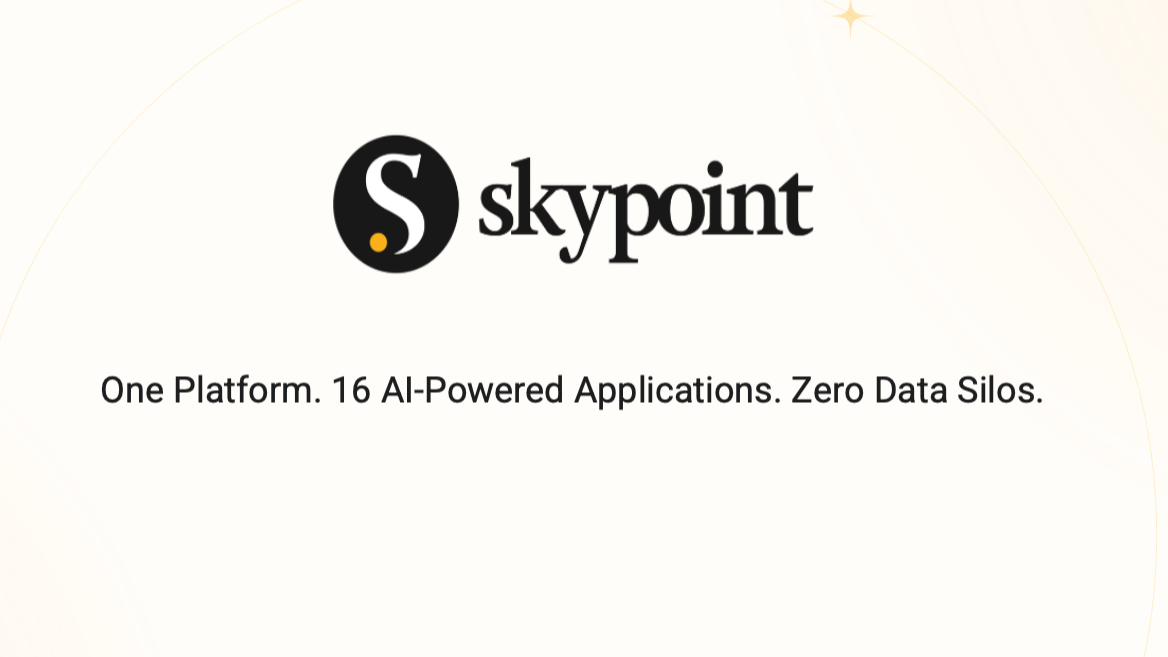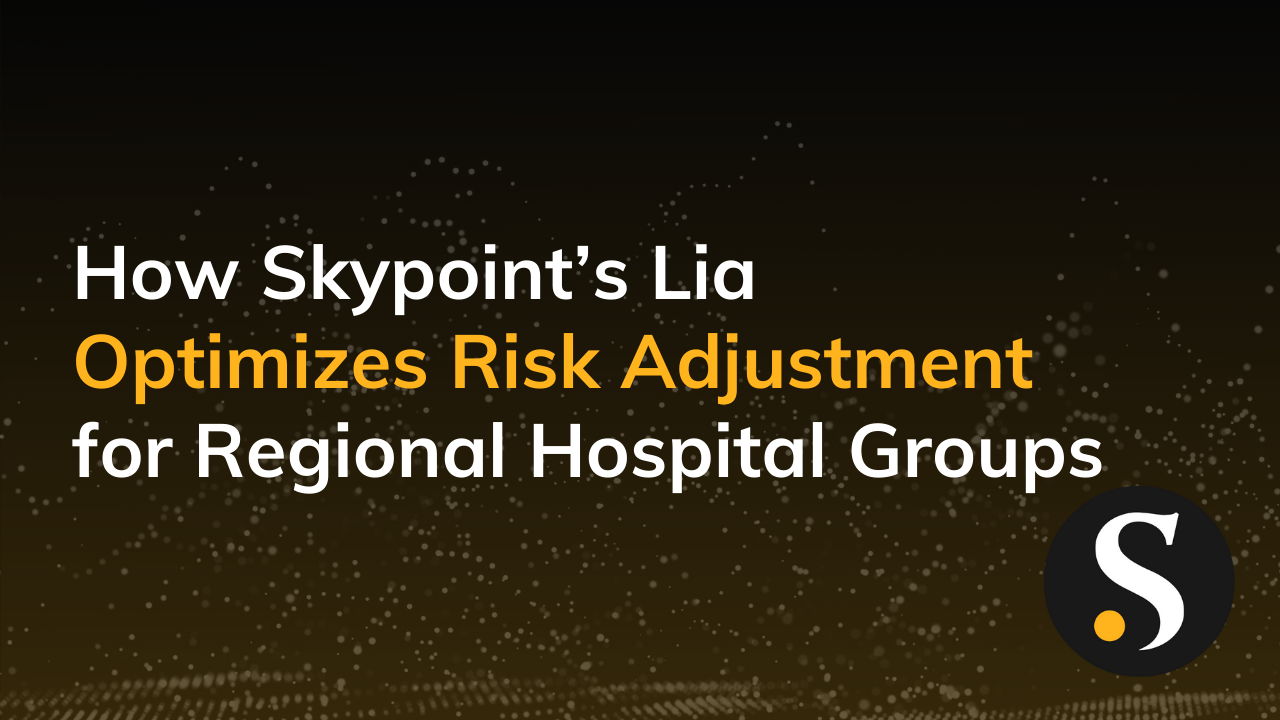Delivering exceptional customer experiences is complex when you rely so heavily on information to engage with your customers. Collecting data submitted directly by customers or through cookies and other technologies is the name of the game. So, it’s natural for your customers to raise concerns about what happens to their personal information, especially with rising data breaches.
Consumers want to know exactly how their confidential data is being used, who has access to it, and the protective measures in place to safeguard their privacy. Almost every country is taking steps in the form of data privacy laws to regulate data collection and offer more control in the hands of consumers over their personal information.
Failing to comply with these laws may result in fines, lawsuits, and even a complete ban on your products or services—which is obviously not good for business. When you take advantage of CCPA compliance software, you have the power to automate time-consuming processes, follow privacy compliance best practices, and show up for your customers.
What are CCPA and CPRA?
Several federal laws in the U.S. govern data privacy across the nation. The General Data Protection Regulation, or GDPR, is a similar regulation that requires businesses to protect the personal data of EU citizens.
In addition to the federal laws, there are hundreds of state-level data privacy and security laws that organizations must adhere to when collecting customer information. CCPA and CPRA are two such pieces of data privacy legislation.
CCPA stands for California Consumer Privacy Act. It is the first comprehensive U.S. legislation signed into law in 2018 and went into effect on January 1, 2020. This law offers more control to California consumers over the personal information that businesses collect about them, how it is used and shared.
CCPA also gives customers the right to delete their data or opt-out to sell their personal information. If you’re doing business with California residents, you must notify your customers before or at the point where you collect their personal information.
During the November 2020 election, Californians voted to approve the California Privacy Rights Act, or CPRA. This new legislation is an extension of CCPA and will likely come into effect by January 2023.
CPRA introduces new sub-categories, definitions, and business obligations to CCPA. Notably, it adds a “sensitive” personal information sub-category, providing more rights to customers whenever their sensitive data is involved, including their right to limit the use and disclosure of such data.
What is CCPA Compliance Software?
A CCPA compliance software solution allows your business to achieve CCPA compliance by enabling you to regulate and manage customer data easily. The software lets you identify who has access to the data and how it is being used. Privacy software helps you detect any suspicious activity around customer data as well.
With CCPA compliance software, it becomes easier for you to secure customer information, safely handle data subject access requests, and pass CCPA compliance audits. On the customer-facing side, the software allows consumers to self-manage their consent preferences and request access to their data.
Skypoint Cloud is a CDP (Customer Data Platform) and privacy compliance software rolled into one. When your teams have the unique ability to manage consumer data across all of your systems, you create compliant programs that fully align with your customer’s consent preferences.
G2 had this to say about Skypoint Cloud’s platform…
“What is interesting about Skypoint Cloud is their technical origins in customer data platforms (tools used to consolidate and integrate customer data in one database). These tools are typically used by marketers and are now being used to manage privacy consents, as well. The combination of marketing and privacy tools makes sense, especially in situations where a common use case of using consumer data is for consented advertising purposes.”
Benefits of CCPA Compliance Software
Privacy compliance software boasts numerous benefits, from transforming disparate data records into a cohesive view to differentiating your business as a truly customer-centric brand that cares about your customers. Let’s dig into some of these CCPA compliance software benefits.
Data Discovery and Mapping
With CCPA in effect, your customers have the right to know what information is collected about them, from what sources, and for what business purposes. Manually determining what customer data you possess is a time-intensive and costly process.
CCPA compliance software enables you to automatically discover all the data subject records of your customer from all your data sources. Once records are identified, the software then connects that data to the identity of the person associated with it, providing you access to accurate and comprehensive customer data in real-time.
When you have access to precise information about your customers, it’s a heck of a lot easier to manage data use consent and other rights—which is a major requirement to ensure compliance with CCPA, CPRA, GDPR, and other similar regulations.
Activity Monitoring
Privacy compliance software lets you monitor internal or external access to consumer data. With analytics tools, you can easily identify who accessed the data and why it was accessed. As a result, it becomes easier to identify any suspicious activity in real-time and prevent data breaches and malicious attacks.
Build Customer Trust
With CCPA compliance software in place, your business essentially gains a competitive advantage as consumers who are well aware of their data privacy are likely to gravitate towards organizations that take privacy protection seriously. CCPA compliance will, therefore, significantly contribute to improving customer experience and brand loyalty.
Prevent Fines and Lawsuits
Using privacy software to manage and monitor customer data also means that your business can easily pass CCPA compliance audits. The chances of violations decrease dramatically, preventing you from paying hefty fines or dealing with lawsuits.
Better Business Outcomes
Since laws like CCPA restrict the sale of personal information, you will have to necessarily collect customer data on your own. While the regulation makes it difficult to obtain consumer information, it helps collect more reliable data in the long run.
With privacy software, you collect first-hand information about your customers. This key benefit eventually leads to better business outcomes as your marketing and sales teams have more accurate customer data to work with to create highly personalized experiences.
CCPA and CPRA are only the first of many laws that are likely to go into effect over the coming years. Although these laws are still limited to California, other states will soon follow suit. The sooner you prepare your CCPA compliance strategy, the sooner your business will be able to respond to consumer data security and privacy as well as newer privacy laws.
Skypoint’s CCPA compliance software is one of the most comprehensive privacy platforms that simplify data privacy and compliance for you and your customers. Our privacy compliance software enables you to stay compliant with CCPA, CPRA, and GDPR so your team is always prepared for future legislation changes. Request a demo to see Skypoint Cloud in action.




